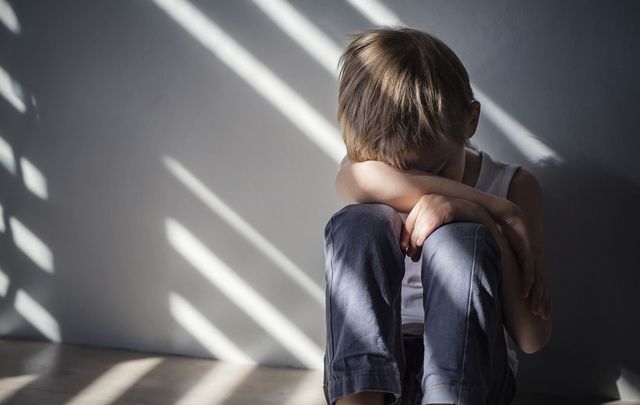For parents, having a talk about depression or suicide is going to be tough, but it is possible to do so without putting a young person’s safety at risk, and it may be extremely beneficial. Parents, family members, and instructors have the potential to save a child’s life by recognising children before they experience a crisis or go years without receiving treatment. We are not saying that this conversation will be easy, but we do believe that it is necessary.
We at the Suicide Watch and Wellness Foundation collaborate closely with schools and members of our community in order to start these discussions and prevent suicide. Consider the following factors, which could make a significant difference in the life of a young person:
- Do not wait until a crisis occurs. Many times, we respond in a crisis situation, but finding very precise ways to be present with your child is an important component of preventing suicide and being mindful of mental health issues. This can occur at the dinner table or while driving in the car.
- Check in with your child on a frequent basis and directly inquire as to how they are doing and whether they have ever considered taking their own life.
- Keep an eye out for any changes in mood or behaviour that might indicate that something is not quite right. In some cases, if a child appears depressed, they may stop doing things they generally love, or you may notice substantial changes in their eating or sleeping patterns.
- Inquire about suicide thoughts in a direct manner. However, even if their child is not experiencing suicidal or depressive thoughts, parents may teach their children that it is necessary to talk about serious emotional concerns with trustworthy adults and that it is also important to reach out to peers in order to have these discussions.
One of the most important things we can do for our young people is to empower them to talk about mental health difficulties and difficult topics such as suicide without feeling like they are being judged. Even if your child is doing well, this is a wonderful opportunity to assist your child understand that it is alright to be emotionally open, which may encourage them to communicate more openly with their friends and families.
If your child asks, “What should I do if a buddy is considering suicide?” you should respond positively. Encourage your youngster to tell their friend that they care about them and that they understand that they are hurting by what they are going through. Once their friend understands that they are being listened to and supported, the next step is to inquire specifically as to whether they are contemplating suicide or have attempted to take their own life. All of this should be done in a sympathetic and non-judgmental manner. If they respond affirmatively, or even if they answer “I’m not sure,” a trusted adult should be informed immediately. Never leave someone alone if they are exhibiting signs of suicidal ideation or intent.
We work with youth that are struggling on a daily basis, but we are confident that their situation is not hopeless. There are numerous methods in which loved ones can assist youngsters in receiving support when they require it. To achieve this, timely treatment, building connections, educating others on what to say when a family member or friend is struggling, and putting in place a safety plan to help you get through a crisis are all important steps to take.


